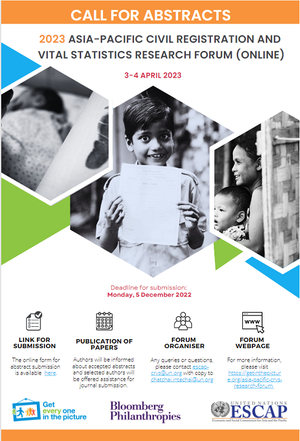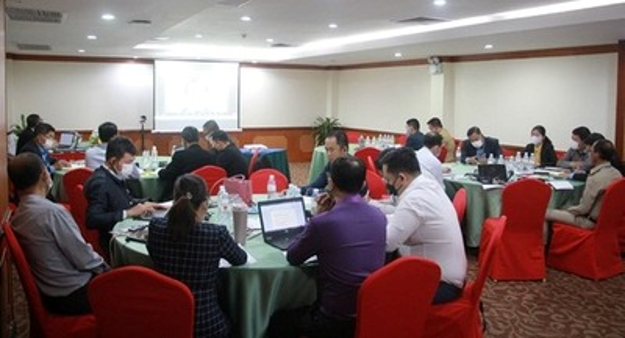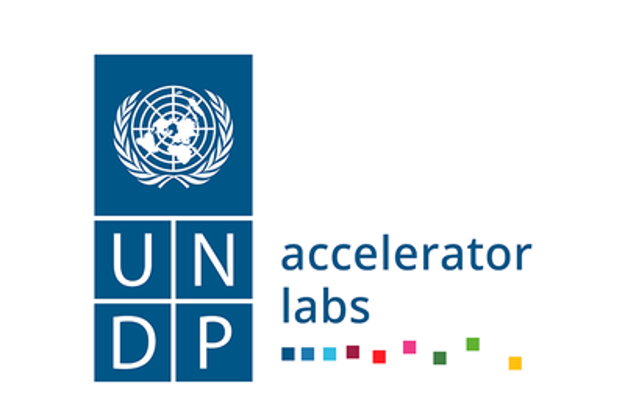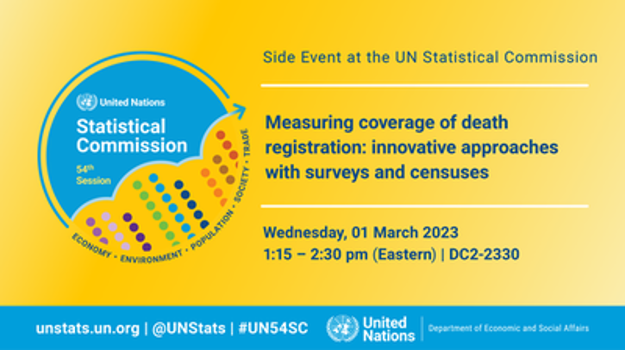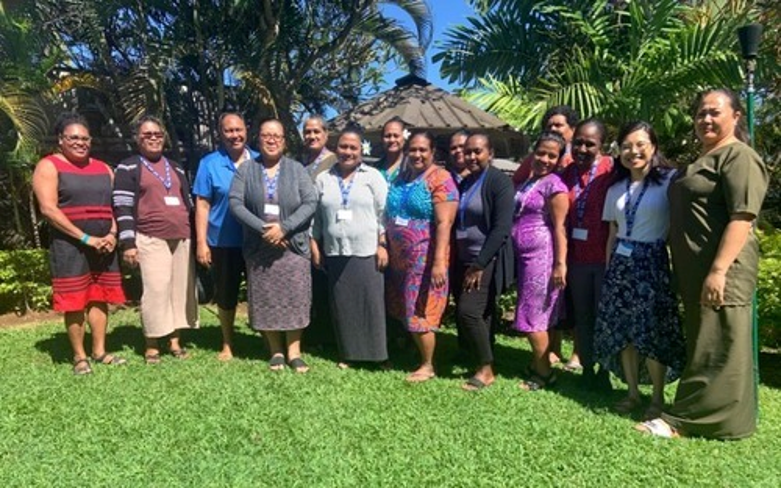The Technical Support Unit-CRVS, Ministry of Planning, Development and Reform (M/o PDR) has been pursuing the agenda of CRVS strengthening in Pakistan. To determine the baselines, both rapid and comprehensive assessments were organized and strengths and weaknesses of existing system were documented. During this process, immediate work on the CRVS legal framework was identified as an important thematic area for the improvement of CRVS and formulation of CRVS National Strategic Plan.
Towards this end, an in depth study was conducted by the Technical Support Unit-CRVS to review current legislation for CRVS in detail both at National and Provincial levels and also to look for at the feasibility of enacting CRVS Universal law. This study focused upon the review of pre-independence and post-independence CRVS related laws, concentrating on the legislation for registration of births, deaths, marriages and divorces. Strengths and weaknesses of the legislation were highlighted.
This study revealed multiple issues pertaining to legislation including; contradictory and outdated legislation, poor enforcement and understanding, inconsistent legislation application, complexity related to payments, lack of clear definitions and clarity regarding roles and responsibilities among provinces. All these factors were recognized as a strong barrier to CRVS system strengthening and called for an extensive improvement of current legislation, development and adoption of a national uniform CRVS law to replace currently fragmented, piecemeal laws.
The findings of the legislation review were disseminated during a consultative meeting held on March 04, 2019 at TSU PPMI Complex, Islamabad. Recommendations/suggestions were discussed in detail. The meeting was participated by National Database & Registration Authority (NADRA), Local Government and Rural Development Department, Federal and Provincial ministries and departments of planning and development, health, law and justice and development partners. One of the distinct outcomes of the consultation was to initiate the formulation of a policy framework for comprehensive CRVS legislation. Additional evidence and directions would be sought using some innovative CRVS Legislation framework tools being used in other situations. Technical Support Unit (TSU) has already devised a roadmap for the coming months to achieve this goal.




